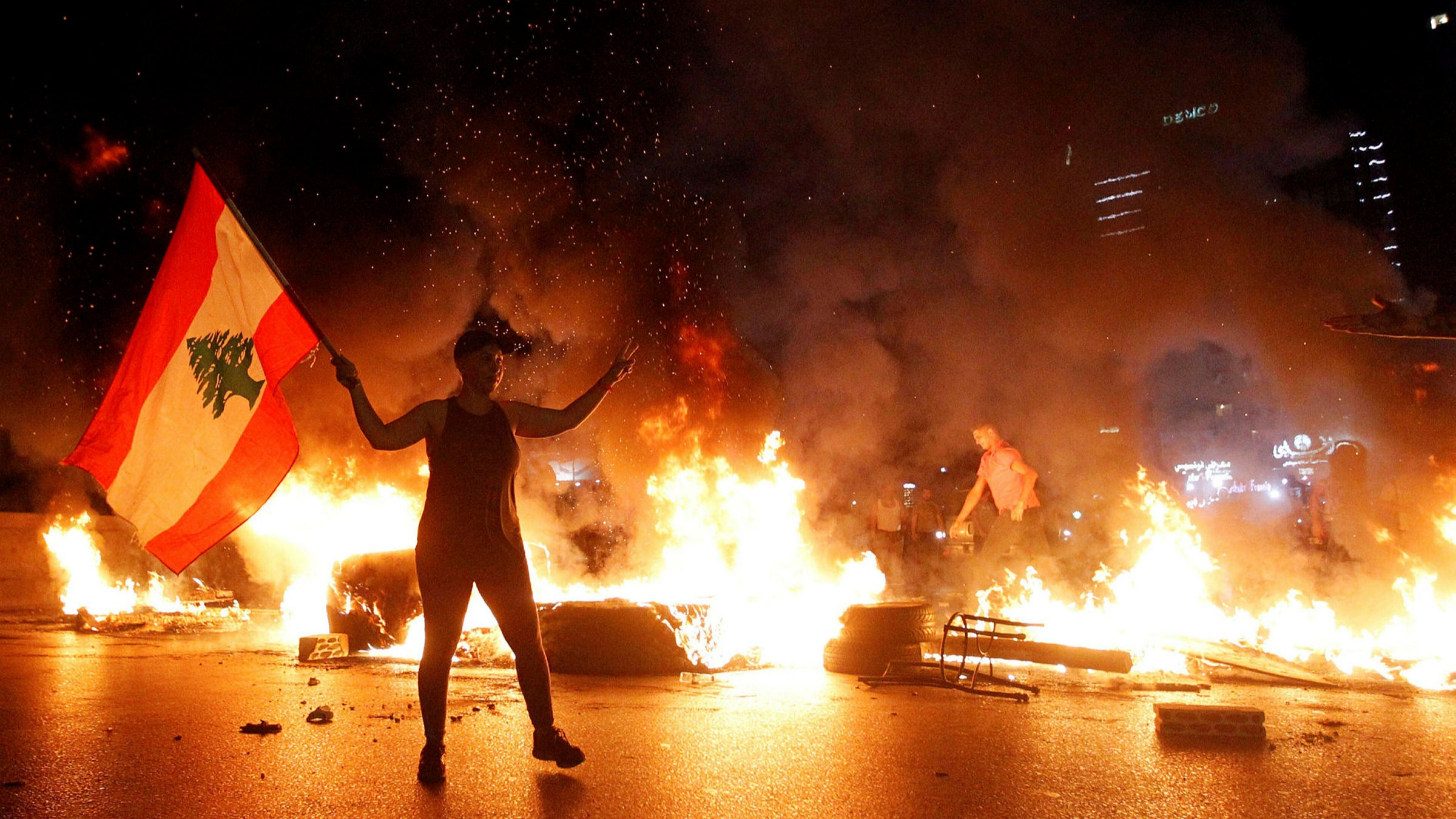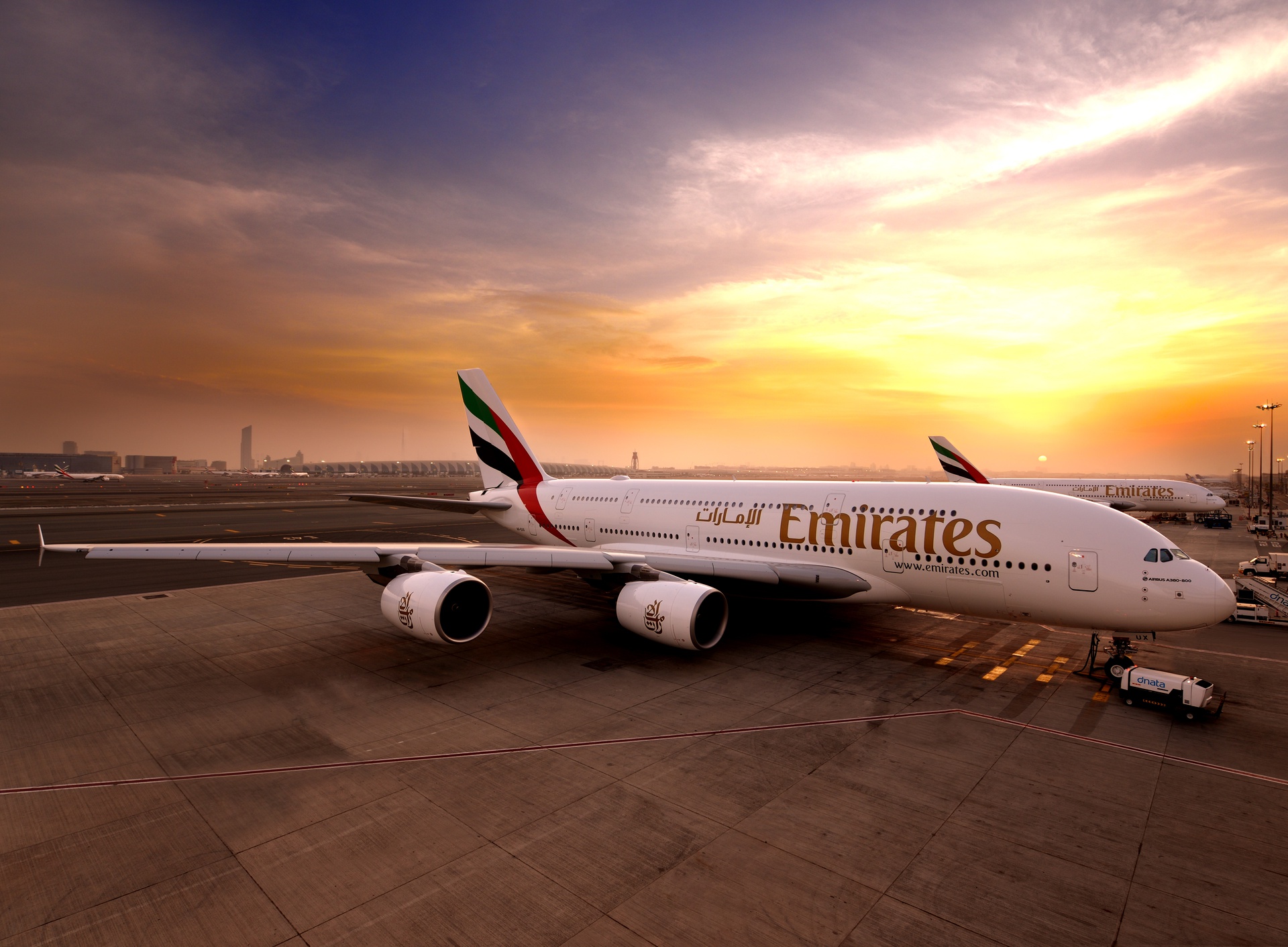The Lebanese pound has lost a quarter of its value over two days and unemployment soars as the Lebanese become increasingly destitute, prompting another night of angry protests.
Protests rage
Angry protesters blocked roads across the country, with burning tires sending pitch black smoke into the night’s skies. What the protests lacked in size, relative to some of the mass demonstrations seen before the pandemic, they made up in intensity, hurling stones and fireworks at police who responded with tear gas and rubber bullets.
An announcement by the Lebanese central bank that it would inject more foreign currency into its market to stop the free-fall of the Lebanese Pound did anything but calm tempers. The Lebanese are exasperated by what they see as inefficient amateurism in government. Protesters appear to have little faith in their government’s ability to find a solution in coming talks with the International Monetary Fund (IMF).
Comprehensive reforms
Banks were a major target with several branches damaged or set alight as the Lebanese have few avenues left to convert righteous indignation into positive change for the country. The government of Hassian Diab is coming under increasing pressure as its promises of rapid reforms are yet to materialize.
Fears exist that the coming negotiations with the IMF will bring the painful austerity that usually accompanies assistance provided by the neoliberal institute. A Bloomberg reporter on June 4 asked the IMF, “In Lebanon it’s said that the IMF is asking to decrease government expenditures, will these costs of reforms fall on the poorest?” This prompted the IMF’s Communication Director, Gerry Rice, to vaguely emphasize the importance of “the right diagnostic and the right set of comprehensive reforms.”
Looming sanctions
The Lebanese appear to be completely justified in their frustration as further economic woes are on the horizon, a tie purposely made by a foreign actor. The US “Caesar Act,” a package of sanctions on Lebanon’s northern neighbor Syria, is about to destroy a large part of the country’s remaining international trade.
The sanctions are intended to cripple Hezbollah and perceived Iranian influence in the region, but they do so by attempting to impoverish the local population into revolt. For both Syria and Lebanon, trade with their neighbor has provided a fragile lifeline as both countries face a currency in free-fall that resulted in skyrocketing prices for basic necessities and food.
With few positives to look forward to and any optimism drained by an inefficient government, the Lebanese protests are set to continue as the people voice their exasperation with an increasingly worrying collapse of Lebanon’s future prospects.



